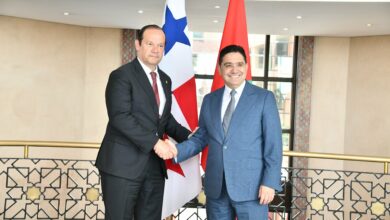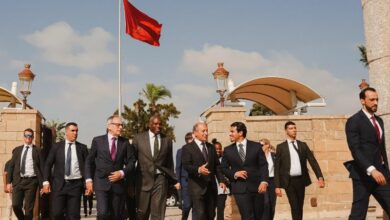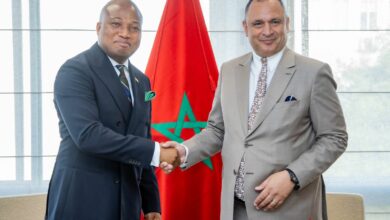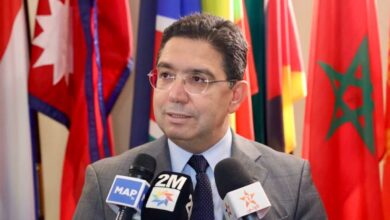Morocco Between Washington, Beijing, and Brussels: Strategic Balance and Over $10 Billion in Chinese Investment
Morocco Between Washington, Beijing, and Brussels: Strategic Balance and Over $10 Billion in Chinese Investment
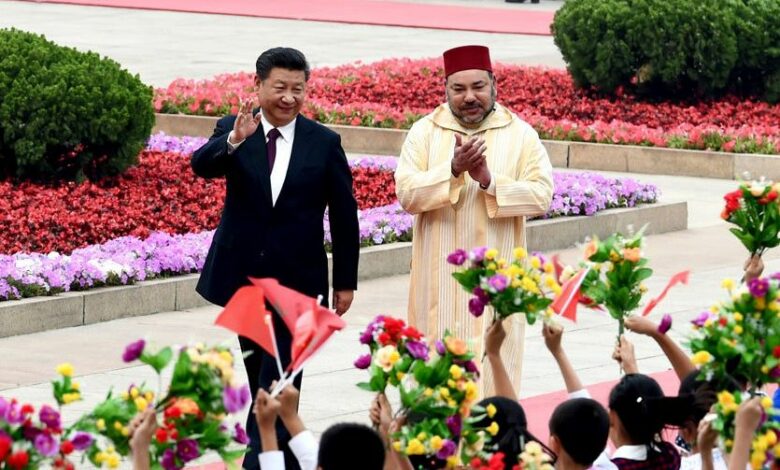
ALDAR / Analysis
Amid major global economic shifts, Morocco is successfully charting a balanced path among the world’s major powers, positioning itself as a significant investment hub—especially in future-oriented sectors such as car manufacturing and electric batteries.
A recent example is China’s investment of over $10 billion in industrial projects across the Kingdom—an impressive sum that cements Morocco’s role as a vital link between Europe, Africa, and the rest of the world.
These Chinese investments are not limited to traditional manufacturing but are focused on high-tech and innovation-driven industries, particularly the production of electric vehicles and advanced battery technologies. This industrial boom reflects growing confidence from Asian partners in Morocco’s stable investment climate and its unique strategic location on the Atlantic and Mediterranean, within close proximity to the vast European market.
Cities like Tangier and its free zone, as well as industrial hubs in Casablanca and Kenitra, have emerged as key destinations for these investments, thanks to their advanced infrastructure and efficient logistics networks that seamlessly connect ports to factories.
In an era marked by U.S.-China trade tensions and geopolitical rivalry among economic blocs, Morocco has managed to maintain strong, balanced relations with all major players. The Kingdom is a trusted trade partner of Washington, enjoys free trade agreements with the European Union, and simultaneously deepens partnerships with Beijing—without getting entangled in bloc politics or strategic alignments.
This pragmatic approach reflects a mature diplomatic and economic vision based on diversifying partnerships and shielding national interests from global power struggles. It allows Morocco to reap the benefits of international cooperation while preserving sovereignty and avoiding dependence on any single partner.
Morocco’s industrial transformation now extends far beyond basic assembly or manufacturing, moving toward a full value chain that includes research and development, local skill building, and the localization of precision industries. China’s growing role in this transformation is expected to accelerate progress, boost technology transfer, and create sustainable employment opportunities in line with the aspirations of Moroccan youth.
Thanks to these investments and broadening partnerships, Morocco is emerging as a strong candidate to become a regional industrial and logistics hub serving both European and African markets—particularly as global companies seek to diversify their supply chains and reduce dependence on distant manufacturing centers.
Morocco is not just building new factories—it is shaping a new model of international partnership based on trust, balance, and shared opportunity, solidifying its role as a key player in the evolving global economy.

